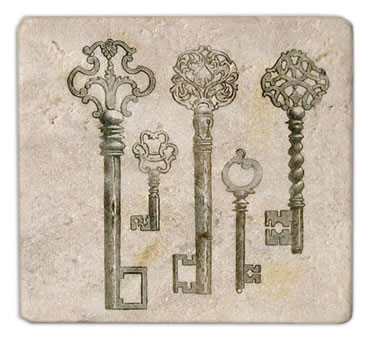
You think we’d have gotten past this by now. After all the research, mathematical and technological advancement almost all of our most valuable digital – and ultimately real – assets are protected by one little word. Usually something lame like our dog’s name or favorite team mascot. That’s right, I’m talking about passwords. In spite of efforts by Payment Card Industry (PCI) Security Standards Council and others to promote multi-factor authentication – i.e. some combination of
- something you know (like a password)
- something you have (like an access card)
- something you are (biometrics like fingerprints or retinal scan)
Even most financial institutions can only manage a password and some personal questions (which incidentally is not really multi-factor it’s multiple single-factor, i.e. several things that you know) to authenticate us for the most sensitive and important transactions. And forget about web sites. Everybody wants you to have a password. Presumably a good – and unique – one for each.
By now most people have heard the about the guidelines for good passwords. For example Wikipedia lists the following common guidelines.
Guidelines for strong passwords
Common guidelines for choosing good passwords are designed to make passwords less easily discovered by intelligent guessing:
- Include numbers, symbols, upper and lowercase letters in passwords
- Password length should be around 12 to 14 characters
- Avoid passwords based on repetition, dictionary words, letter or number sequences, usernames, or biographical information like names or dates.
I can see heads start spinning! How in the world can I remember only one 12-14 character password that contains nothing I can remember, and is more or less random? Much less the 50 or so passwords I need for all my web sites and financial stuff? Yeah – that’s a problem. And it’s exacerbated by the fact that as the need for passwords has proliferated, the practicality (i.e. horsepower) of password crackers has improved exponentially. Oh and by the way, to really achieve decent security (i.e. mitigate the threat of exposure) you should really change your passwords at least annually and preferable more often.
Yikes! So how exactly can a person possibly memorize 50 pseudo-random character strings that all change every year? Well, in a nutshell – you can’t. No one can. Well maybe someone with an eidetic memory, but not you or me. There is, however, hope. SecurePuter has a great post on “How to Create and Remember Multiple Secure Passwords” wherein an easy to remember but hard to guess formula is presented that will allow you to calculate what your password is so it removes the randomness and requirement to memorize many different things. It’s a great idea, and be sure to read all of the comments as further refinements are suggested.
Still, if you’re like me and make an actual effort to forget things as soon as possible, this might not be an optimal solution. So how do I manage to remember 50 (or in my case more like 150) dynamic random character strings. It’s easy – I don’t even try. I use a password generator and storage system. There are quite a few good packages out there. The one I use is the open source package Password Safe partly because Bruce Schneier started the project, partly because it runs on all of the platforms I use, partly because it has great encryption but mostly because I’m cheap and it’s free (as in free speech and free beer). I keep my fully encrypted password safe database file on a USB thumb drive so all of my passwords are available on whatever device I’m using – except my iPhone (which is a rant for another time). Basically the way it works is that I make an entry for whatever web site or computer I need a password for and then let it generate one for me. There are all sorts of policy options so you can get insanely long and complex passwords. When I save the new password, it is encrypted using the one and only password I need to remember. That’s it. So not only do I not remember my 150 different passwords, I never knew what they were to begin with. Now there are situations where this kind of password safe mechanism will have an issue, specifically you can run into a race condition with computer logons that require a regularly changing password (e.g. most corporate networks) whereby you must be able to type in the password to log in so that you can get access to the password safe. I get around this by generating a random 12-character password that I can remember for the 90 days that it will be valid. So I guess I really have to remember 2 passwords. But even I can do that. And so can you.